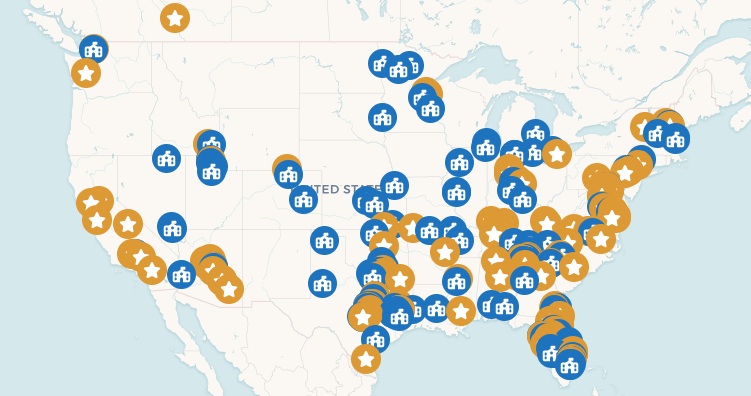Mental Health is Among the Many Benefits of Small Schools
Mental health and well-being have become increasingly important for parents. For parents considering a new school option—whether a microschool, private school, or homeschooling—mental health tops the list of reasons to make a change. In one survey, four in ten parents (40% according to Pew Research) expressed concerns about their child’s mental health, including struggles with anxiety or depression. Unfortunately, school often plays a significant role in these concerns, with children sharing stories about negative incidents or social pressures they face. One of the key benefits of small schools is small class sizes that help kids find connection and confidence through close-knit community.
At KaiPod, we often hear from parents whose children felt isolated or reluctant to attend school. But when their kids feel lonely, excluded, bored, or pressured to stand out, parents often feel powerless to change their child’s environment. While the majority may stick to their zoned school or what they think is “the norm,” more and more families are realizing that there isn’t just one way to do school.
That’s why we created a guide for parents to evaluate their reasons to switch schools to see if the benefits of small schools outweigh concerns they may have about making a change.
Microschools: A Mental Health Success Story
Kate, one of our former students, had an educational path that was was marked by challenges typical of traditional schooling environments before joining a microschool.
Between the ages of 10 and 12, she attended three different schools. No matter how great the people and campuses were, she would always end up preferring to spend time alone in the bathroom than with her teachers and peers. She was so excited each time she transitioned to a new school with high hopes of feeling accepted and happy, but over time, the bad days would far outweigh the good until every minute of every school day became a tremendous struggle.
Over time, the cost of going to school all day every day was taking a significant toll on her mental health.
After trying three different schools, Kate’s family urgently needed to find an alternative. They realized that much of the problem was the requirement to be on campus seven hours per day, five days per week.
Her parents didn’t have the confidence or time to provide a successful homeschool experience, so they decided to give an online school a shot. Even though their online school provided live Zoom classes, office hours, and clubs, Kate had difficulty connecting in a way that allowed her to build meaningful relationships. She went from being in a physical classroom 35 hours per week to zero, and they felt frustrated that there was no option in the middle.
It wasn’t until Kate’s mom found a local learning pod at a nearby KaiPod location that her educational journey took a positive turn.
In a small school setting, the benefit of community made all the difference for Kate.
Thanks to her mom’s research and willingness to make a change, Kate found herself immersed in a welcoming school community. The small school setting allowed her to connect with other kids and receive academic support with her online studies—a perfect middle ground between the overwhelming traditional classroom and isolation at home.

Connections Form Naturally In Small Schools
Microschools and learning pods like KaiPod have a unique opportunity to focus on well-being, inclusivity, and community. The bonds that form are a welcome benefit of small schools for students who feel lost in the crowd.
Close-knit relationships cultivate empathy, compassion, and a sense of shared purpose. When kids’ primary needs to feel safe, understood, and respected are met, this opens the door to self-acceptance, spontaneity, and curiosity.
The benefits of 1:1 mentorship and guidance are invaluable to students in a small school setting. Both factors were key to Kate’s progress at KaiPod. Her learning coaches provided invaluable support, helping Kate connect with other students and embrace her strengths. Most importantly, Kate found a sense of belonging at a place where she could be herself and rediscover the joy of learning.



